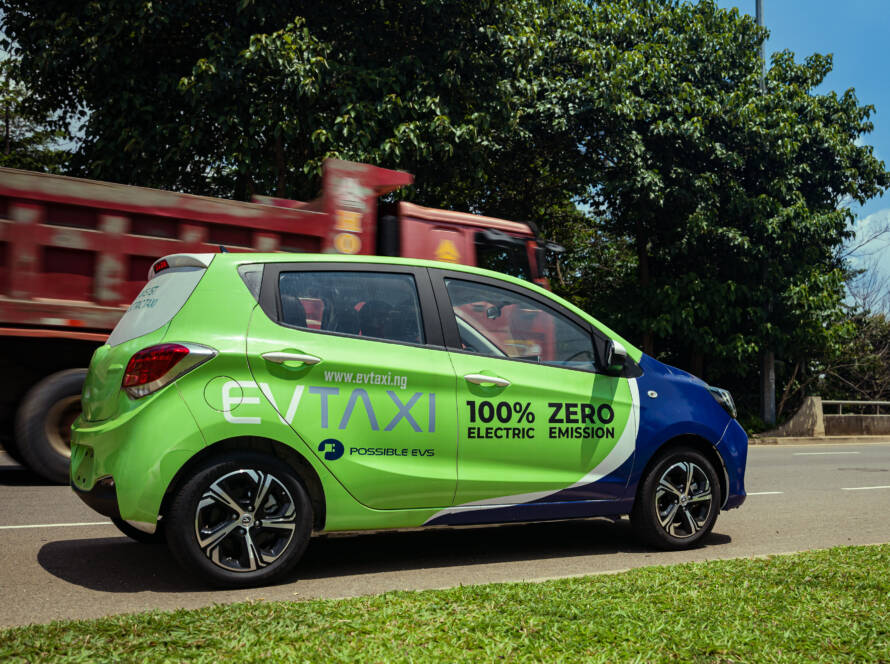Nigerian cities, particularly urban centers like Lagos, Abuja, and Port Harcourt, face persistent air pollution challenges driven by factors such as vehicular emissions, industrial activities, and biomass burning. The consequences of poor air quality include respiratory illnesses, cardiovascular diseases, and environmental degradation. Tackling air pollution requires concerted efforts to reduce emissions from transportation, which is a major contributor to urban air pollution.
How EVs Make a Difference
Unlike conventional vehicles powered by internal combustion engines, electric vehicles produce zero tailpipe emissions. This means that EVs do not release harmful pollutants like nitrogen oxides (NOx), particulate matter (PM), and carbon monoxide (CO) into the atmosphere during operation. Transitioning from petrol and diesel vehicles to electric cars will help our cities reduce local air pollution and improve air quality.
In addition to improving local air quality, EVs contribute to reducing greenhouse gas emissions that drive climate change. EVs run on electricity generated from renewable sources such as solar or wind power, which means they have a lower carbon footprint compared to conventional vehicles.
A holistic approach to emissions reduction benefits both air quality and the global environment. To maximize the air quality benefits of electric vehicles, it is essential to prioritize clean energy generation. Transitioning towards renewable energy sources such as solar, wind, and hydroelectric power for electricity generation ensures that EVs are truly emissions-free from well to wheel. This integrated approach to sustainable transportation and clean energy generation forms the backbone of a comprehensive strategy to combat air pollution in Nigerian cities.
Challenges and Opportunities
While the adoption of electric vehicles presents a promising solution to improve air quality, several challenges must be addressed to accelerate EV uptake in Nigerian. These include:
Charging Infrastructure: The need for a robust and accessible charging infrastructure to support EVs across urban and peri-urban areas.
Affordability and Accessibility: Making EVs more affordable and accessible to a broader segment of the population through incentives, subsidies, and financing options.
Policy Support: Implementing supportive policies and regulations that incentivize EV adoption, such as tax incentives, emissions standards, and vehicle procurement policies.
Electric vehicles have the potential to revolutionize transportation and improve environmental health. The adoption of electric vehicles presents a technological and paradigm shift to a cleaner, greener future for Nigeria. Together, we can drive towards a brighter, more sustainable tomorrow with electric vehicles.


